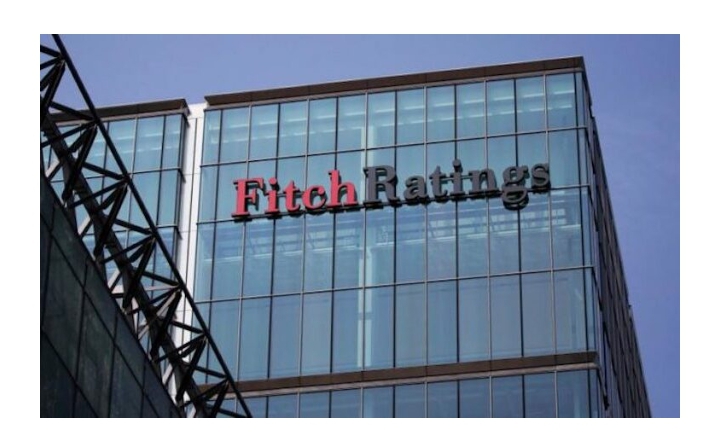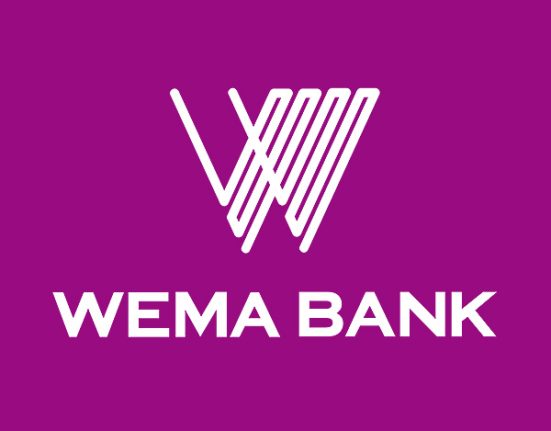Fitch Ratings has upgraded Nigeria’s Long-Term Foreign-Currency Issuer Default Rating to ‘B’ from ‘B-‘, maintaining a stable outlook for the country’s economic future. This positive adjustment comes as a recognition of the government’s commitment to policy reforms implemented since it adopted orthodox economic policies in June 2023. These reforms include significant measures such as exchange rate liberalisation, tightening of monetary policy, and efforts to end deficit monetisation, while also phasing out fuel subsidies.
In its rating commentary issued on Friday, Fitch noted that the upgrade was largely due to the increased confidence in Nigeria’s policy direction, particularly the government’s resolve to implement crucial economic changes. The Stable Outlook, as highlighted by the agency, is grounded in the expectation that the country’s macroeconomic policy stance will continue to facilitate improvements in the foreign exchange (FX) market. This, in turn, is expected to help reduce inflation over time, though the rate is projected to remain higher than in peer countries. The outlook also anticipates further easing of external vulnerabilities, which could be achieved through the continued alleviation of domestic foreign currency supply constraints. Additionally, ongoing reforms in Nigeria’s energy sector are expected to support the country’s current account surpluses.
While commending the increased transparency in the FX market, Fitch warned that the naira might experience modest depreciation in the short term. However, the positive outlook on Nigeria’s foreign exchange reserves is bolstered by the Central Bank of Nigeria’s introduction of a new electronic FX matching platform and a revised FX code aimed at enhancing transparency and efficiency in the market. These efforts, combined with the tightening of monetary policies, have resulted in greater FX liquidity and an overall improvement in the stability of the FX market. This comes after a 40% depreciation of the naira in 2024, closing the gap between the official and parallel exchange rates.
The global economic environment, including potential tariffs on Nigerian exports, was also addressed in the Fitch report. The agency stated that the impact of the 14% US tariff on Nigerian exports, particularly those outside the oil sector, would have a minimal effect on Nigeria’s trade balance. Oil-related exports make up about 92% of Nigeria’s total exports to the United States, accounting for nearly 2% of the country’s GDP. While Fitch recognizes the risk posed by lower oil prices, which could strain Nigeria’s external buffers and fiscal metrics, the agency emphasized that the flexibility in Nigeria’s economic policies would help the country navigate these potential challenges.
The report also pointed to a notable improvement in Nigeria’s foreign exchange position. Net official FX inflows through the Central Bank of Nigeria and autonomous sources surged by approximately 89% in the fourth quarter of 2024, compared to just 8% in the same period the previous year. Fitch expects the ongoing formalisation of FX activity, driven by regulatory measures, to provide continued support for the naira, even as the currency faces the likelihood of some depreciation in the near term.
In conclusion, Fitch’s upgraded rating and stable outlook reflect a more optimistic view of Nigeria’s economic trajectory, with the agency expressing confidence that the government’s recent policy shifts will sustain macroeconomic stability despite potential external risks, including the effects of lower oil prices and trade tariffs.


